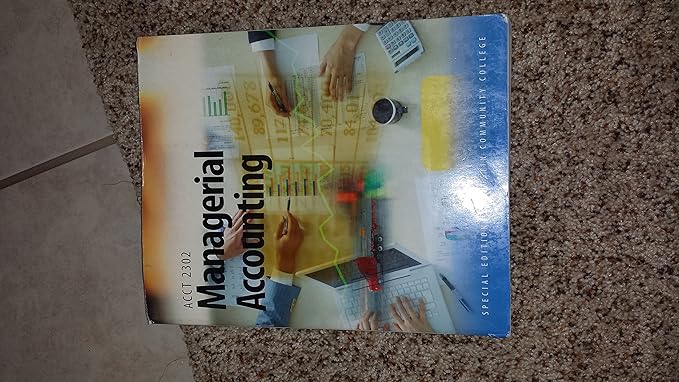Question
Consolidation Problem (45 points) On January 1, 2013, Plymouth Corporation acquired 80 percent of the outstanding voting stock of Sander Company in exchange for $1,200,000
Consolidation Problem (45 points)
On January 1, 2013, Plymouth Corporation acquired 80 percent of the outstanding voting stock of Sander Company in exchange for $1,200,000 cash. At that time, although Sander's book value was $925,000, Plymouth assessed Sander's total business fair value at $1,500,000. Since that time, Sander has neither issued nor reacquired any shares of its own stock.
The book values of Sander's individual assets and liabilities approximated their acquisition-date fair values except for the patent account, which was undervalued by $350,000. The undervalued patents had a 5-year remaining life at the acquisition date. Any remaining excess fair value was attributed to goodwill. No goodwill impairments have occurred.
Sander regularly sells inventory to Plymouth. Below are details of the intra-entity inventory sales for the past three years:
At year end, there are no intra-entity payables or receivables. Separate financial statements for these two companies as of December 31, 2015, follow:
|
|
| |
|
| Required: |
|
|
|
| |
|
|
| |
|
|
| |
|
|
| |
| ||
|
|
| |
Step by Step Solution
There are 3 Steps involved in it
Step: 1

Get Instant Access to Expert-Tailored Solutions
See step-by-step solutions with expert insights and AI powered tools for academic success
Step: 2

Step: 3

Ace Your Homework with AI
Get the answers you need in no time with our AI-driven, step-by-step assistance
Get Started


